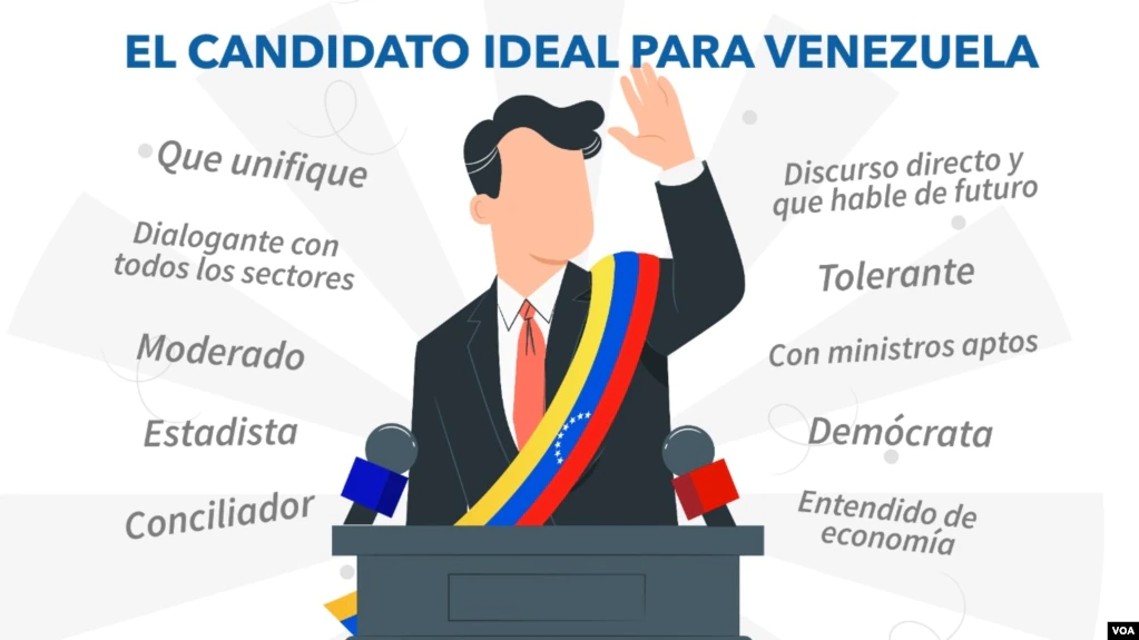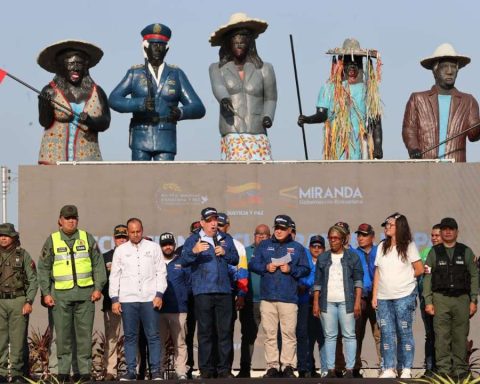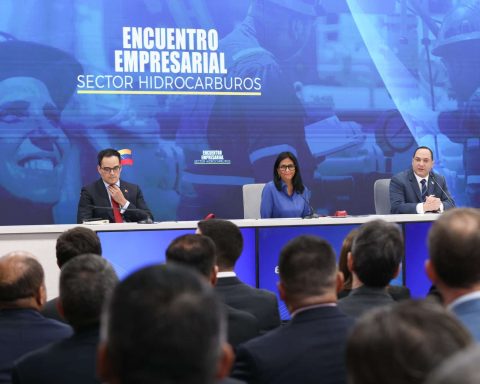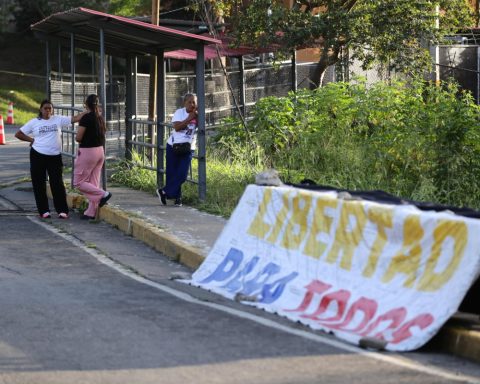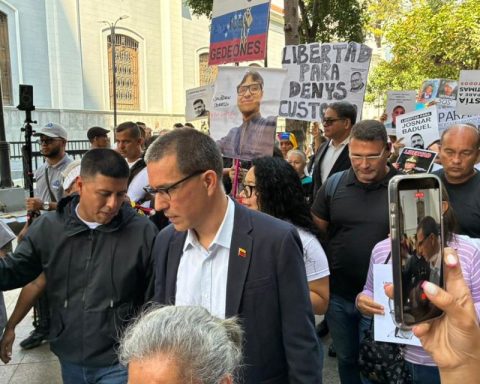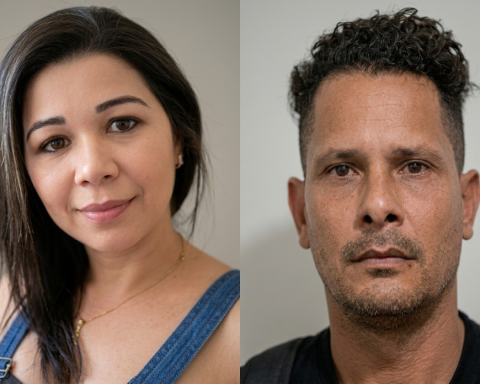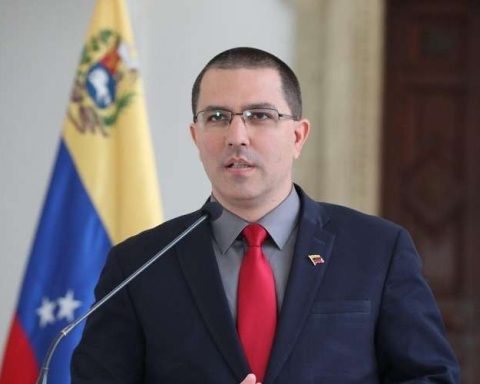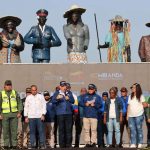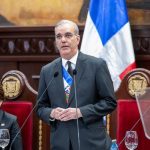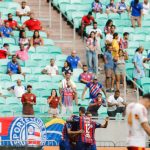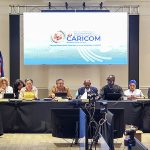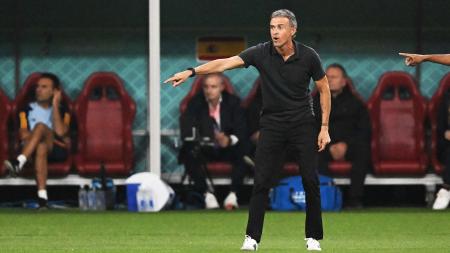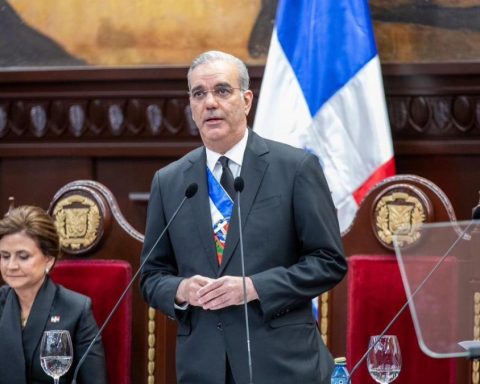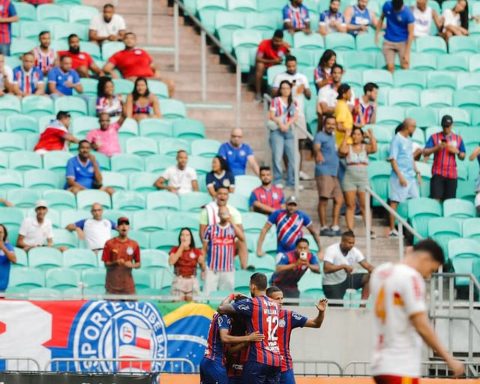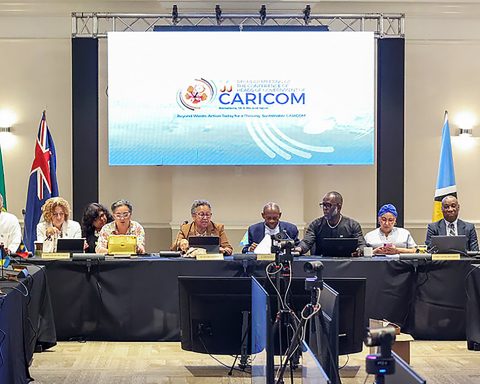Knowing how to relate and dialogue with opposition sectors inside and outside the country, including countries like Cuba, Russia and China, should be a key trait of the eventual opposition candidate, observe analysts. Moderation would be another point in favor
Text: Gustavo Ocando Alex
The opposition to the government of Nicolás Maduro is preparing to elect a unitary candidate who can turn around the 25-year rule of Chavismo in Venezuela, a country mired in a prolonged crisis. That standard-bearer must bet on conciliation and economic recovery, according to citizens and analysts.
Chavismo has given signs that it will aspire to maintain control of the Presidency with Nicolás Maduro as its candidate on the ballot, while the opposition is already preparing to hold primaries in 2023 for the people to choose their candidate for the highest office.
This primary vote will take place after five years of ignorance of Maduro as the legitimate head of state by the opposition and some 50 governments around the world.
The governments of Norway, France, Colombia, Argentina and the United States, plus the Vatican, promoted meetings and calls until both political blocks in Venezuela finally resumed dialogue to settle the institutional crisis of that nation, in Mexico, at the end of November.
Analysts, the international community, and political actors agree that this vote will help Venezuela in two ways: first, to settle its institutional and democratic crisis, in uninterrupted erosion since 2017, and to determine who would lead the reconstruction of the country for at least the next few years. six years.
What traits should a political leader have capable of winning the Presidency and materializing a project that benefits all Venezuelans? In essence, he must be “professionally prepared”, with “social empathy, without so much show” before the cameras and the press, says the young Venezuelan Julio César Castillo, web designer.
A lawyer who asked the Voice of America to withhold her identity for fear of reprisals believes that “honesty, intelligence and experience in management” should be key to choosing the man or woman who can defeat Maduro and carry out a good mandate. However, she says she does not want “politicians” from either Chavismo or the traditional opposition.
Sofía Mora, who usually supports Chavismo with her posts on social networks, believes that an acceptable opposition candidate “has to be from the people” and, above all, “not have interests with the oligarchy of this country, but the interest of move the country” forward.
José Toro Hardy, former director of the state-owned Petróleos de Venezuela, believes that this eventual candidate must generate “confidence” not only within, but also outside the South American country, in order to attract the necessary investments to revive the economy and close the gap of “immense inequality.” ” that exists between the poor and the rich, according to a recent survey of living conditions carried out by three universities, known as ENCOVI.
There are also those who doubt that there will be a transparent election in 2024 where Chavismo can be defeated. “With this ‘rojo rojito’ (Chavista) National Electoral Council, not even Saint John Paul II himself would beat a Maduro who is more comfortable than ever,” he opines.
*Read also: Pérez Vivas proposes to the National Primary Commission to organize debates between pre-candidates
Candidate must be a new manager
The profile of the ideal candidate has been a key issue in recent polls. ORC Consultores, a firm led by political analyst Oswaldo Ramírez, determined that, among the preferences of the Venezuelan electorate in terms of a national leader, the demands that he be “someone new” and “a manager who fixes the country’s problems” stand out. .
“The ideal candidate is someone who can have several capacities: to reconcile the country, after some years of high political polarization; a statesman, who manages to balance economic policy decisions to generate sustained growth”, Ramírez details to VOA.
Another of its ideal characteristics is having an inclusive social agency, which allows more and more people to belong to a “strong middle class,” he says. “Another attribute is that I manage to manage a team to contribute to the growth of the country in all areas,” she says.
This last condition, indicates Ramírez, would prevent that candidate or eventual presidency from presenting himself as a kind of Messiah or a redeemer of Venezuelan politics.
Last June’s study by ORC Consultores also determined that other traits of an ideal presidential standard-bearer to confront Maduro are his honesty in fighting corruption, that he “brings order” and, curiously, someone who “represents the original project of Hugo Chávez”, mentor of the current president.
*Read also: Jesús María Casal estimates that March 2023 will be to register pre-candidates for primaries
autochthonous conciliator
The ideal politician for Venezuela must have the traits of a “great conciliator” and foster consensus to articulate all sectors of the country in the face of an eventual stage of recovery and development, said political scientist Piero Trepiccione.
It must be far from political revenge and, on the contrary, it must generate “a lot of confidence” among broad actors in the country’s economic, political, social, cultural and sports life, with a vision of the country for the next two or three decades, he said.
The first characteristic that a candidate must have has to do with irreverence, direct language” Piero Trepiccione, political scientist
Regardless of their age or gender, this candidate for the Venezuelan Presidency would have to exhibit “the traits that characterized Nelson Mandela”, a lawyer and activist who presided over South Africa between 1994 and 1999 after spending 27 years in prison and who led a project based on the disassembly of apartheid and the promotion of social reconciliation.
Trepiccione, director of the Centro Gumilla think tank, also hopes that this candidate for the Presidency will exploit the potential of communication in social networks in a nation where there are dozens of newspapers and radio stations that are closed.
“The first characteristic that a candidate must have in the very particular case of Venezuela has to do with irreverence, direct language, being a product that can be expanded through the different platforms that exist today,” he told VOA. In his opinion, he also has to talk about the future and seek to “touch the fiber” of the citizen.
*Read also: Andrés Caleca: “The electoral route is not just going to vote or having a unitary candidate”
politicians without poles
Article 227 of the Constitution establishes that in order to be elected president of Venezuela it is necessary to “be Venezuelan by birth, not possess another nationality, be over 30 years of age, of a secular state and not be subject to conviction by final sentence.”
Félix Seijas Junior, president of the public opinion research firm Delphos, estimates that the main characteristics that a candidate for the upcoming presidential campaign must have include “transmitting empathy” and having a “moderate” political profile.
“Beyond the obvious abilities as a manager, he has to possess extraordinary depolarizing power; Mandela-level conciliator,” he said, agreeing with Trepiccione.
According to polls by the polling firms Delphos, Datanálisis and Datincorp, at least half of the Venezuelan population does not identify with Chavismo or with the opposition, although the negative evaluations of both Maduro and the opposition leader Juan Guaidó, whom fifty countries recognize as interim president, exceed 80%.
A Datincorp survey revealed last June that 63% of Venezuelans believe that their ideal president is someone who is not aligned with the traditional blocks. Only 13% of those interviewed opted for a Chavista candidate and 16% for one with an opposition tendency.
A bloc, not a candidate
The election of an opposition candidate in the primaries for the 2024 vote does not imply that that same person automatically becomes the leader of anti-Chavismo, warns the Venezuelan political scientist Jesús Castellanos.
The specialist believes that the opposition leadership should be more “a bloc of people and ideas” than an individual mission, even more so when there is a risk of eventual disqualification of that winning candidate from participating in the vote, he said.
“The primary is just one of the ways to try to unite the opposition sectors, but this articulation must be a product beyond the primaries. There must be a simultaneous commitment between the political forces, not only from the political parties, to define a common course, objectives and joint strategies, ”he commented to VOA.
It must be capable of transmitting the real possibility of a change in the country, not only to the opponents” Jesús Castellanos, political scientist
The candidate elected in the primaries, in any case, must “add wills”, “reach all Venezuelans” beyond the country’s borders and achieve “a common agreement” that transcends the voting that must take place within four years, think.
“The presidential candidate resulting from the primaries must be credible and capable of transmitting the real possibility of a change in the country, not only to the opponents, but also to sectors of the ruling party that are dissatisfied today,” he points out.
Democrat and advocate of peace would be other effective characteristics of this opposition candidate, which should lead him to dialogue even with his detractors, says the specialist.
“The need for the reinstitutionalization of the country and dialogue with all sectors, including the ruling party, countries like Cuba, China and Russia, and the military” in Venezuela must be one of their banners, Castellanos maintains.
Álvaro Algarra, a journalist for the Voice of America, contributed to this report from Caracas.
Post Views: fifty
